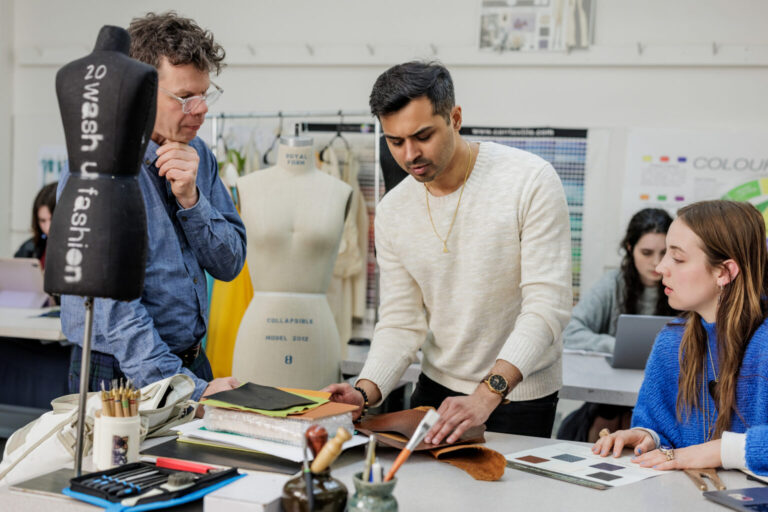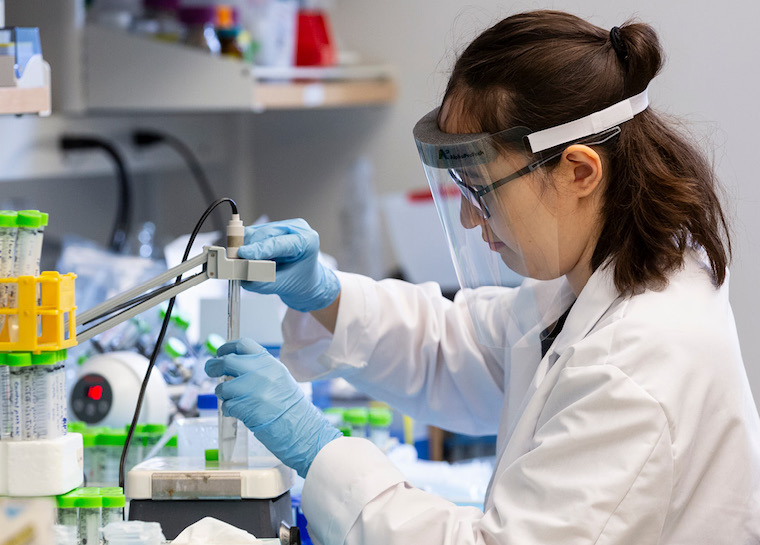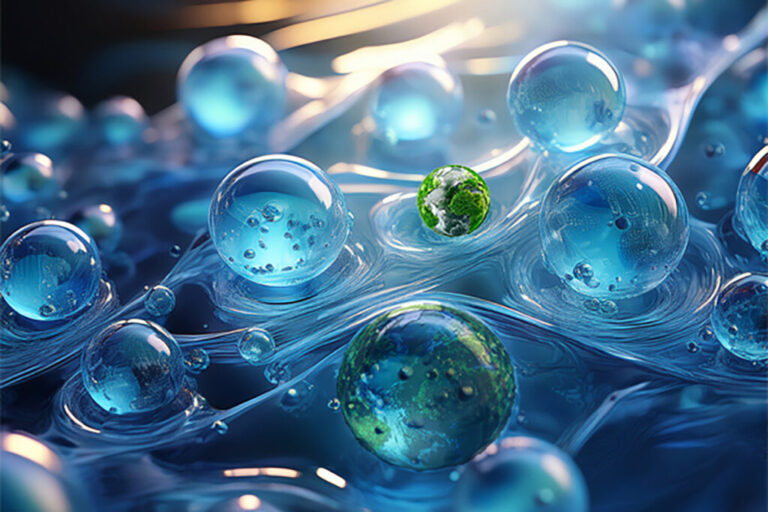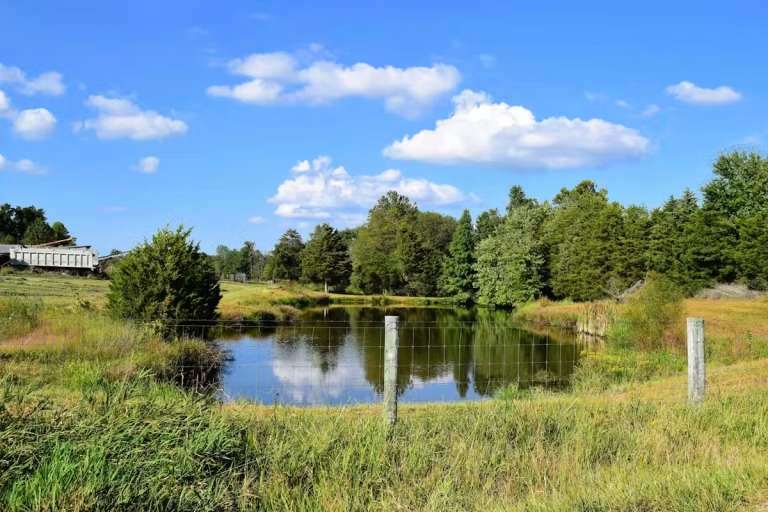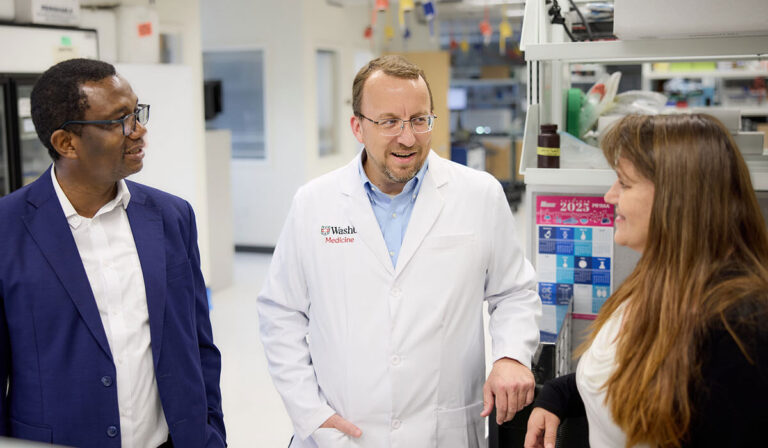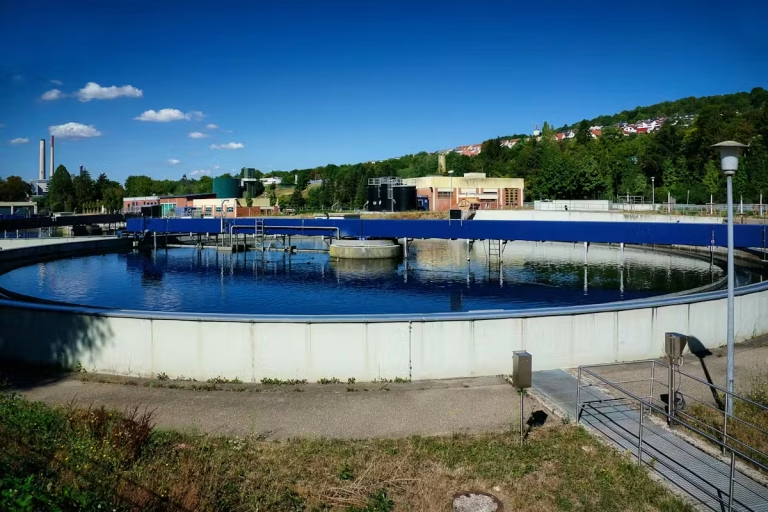SPARK: A Sustainability Leadership Training Program for WashU Students
SPARK is a free 9-day sustainability leadership training program hosted by the Office of Sustainability.
WashU Experts: How to stay safe from ticks and mosquitoes in the Midwest
Before venturing out into the woods, a nearby park or even your backyard, keep an eye out for mosquitoes and ticks, which can be vectors, or carriers, for pathogens that can cause disease.
He receives environmental engineering award
Zhen (Jason) He received the 2025 Frederick George Pohland Medal from the Association of Environmental Engineering and Science Professors and the American Academy of Environmental Engineers and Scientists.
Ethical exotics
How engineering and fashion design are restoring endangered ecosystems
Environmental futures
SHARE
Across all Washington University in St. Louis campuses, scores of researchers share a drive to understand the natural forces that shape our climate, health, culture and physical world.
Tiny and toxic: Researchers track smaller air pollution particles across U.S. skies
To help understand air pollution health effects, researchers at Washington University in St. Louis quantify how the amount of submicron particles in the air has changed over the past 25 years
New hydrogel treatments turn water waste into fertilizer
Novel nanotechnology promotes circular nutrient economy
Removing selenium from water takes iron strength
Daniel Giammar’s lab takes two steps toward removing contaminant from water
A faster route to eliminating parasitic infection endemic to Africa
In a clinical trial, researchers find moxidectin, a new medicine for river blindness, also works for lymphatic filariasis
Electrochemical innovation offers chemical-free solution to assist in wastewater reuse
Kaichao Yang and Zhen He developed an electrochemical process that softens water, disinfects pathogens and benefits reverse osmosis systems used for advanced water treatment



